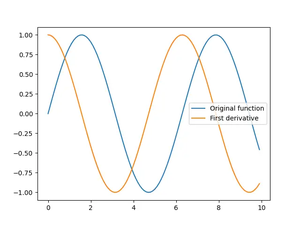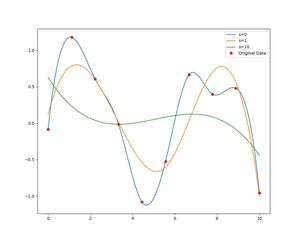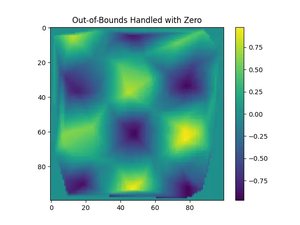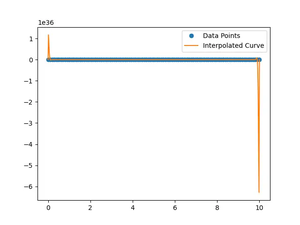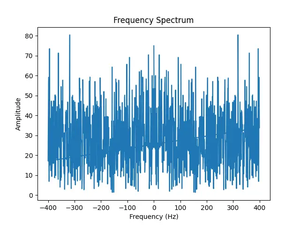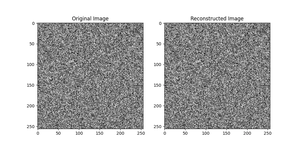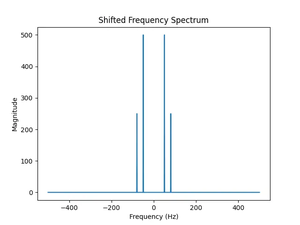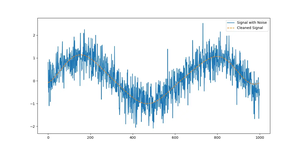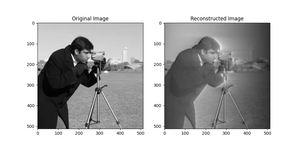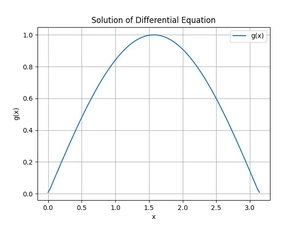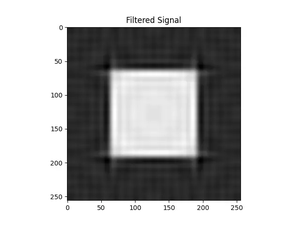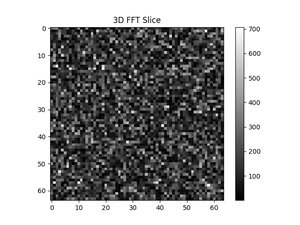Introduction
As a robust numerical processing library in Python, NumPy is widely used for dealing with arrays and matrices. Though stable, updates in NumPy can sometimes cause FutureWarnings to appear in your code, indicating that a current practice will not be supported in a future version of NumPy. Such a warning occurs with the function issubdtype when checking if a data type is a subtype of another.
Understanding the Warning
FutureWarning is triggered when the second argument of issubdtype is not a type object but a type itself. In earlier versions of NumPy, using float was accepted, but a future version would require np.floating or a more specific floating type.
Solution 1: Use np.floating
Replace the deprecated float with np.floating to check for floating-point numeric data types in a forward-compatible way.
- Locate the
issubdtypecall within your code. - Replace the deprecated
floatwithnp.floatingin the function argument. - Test the code to ensure the warning is resolved.
Example:
import numpy as np
if np.issubdtype(dtype_var, np.floating):
print('dtype_var is a floating-point numerical dtype')
Notes: This solution is straightforward and ensures your code is compatible with future versions of NumPy. The only downside is that for codebases supporting older versions of NumPy, this might introduce compatibility issues.
Solution 2: Specify Exact Float Typing
Specify the exact subtypes of floating, such as np.float64, np.float32, etc. This approach can be more appropriate if you demand strict compliance with a particular floating-point precision.
- Identify the required precision for your floating-point checks (32-bit, 64-bit etc).
- Replace
floatwith the corresponding NumPy precision type in yourissubdtypecall. - Test the revised code.
Example:
import numpy as np
if np.issubdtype(dtype_var, np.float64):
print('dtype_var is of np.float64 type')
Notes: This method provides precision control but requires modifications if used in different contexts where variable precision is needed.
Solution 3: Use Type Objects
Changing the deprecated argument to a type object using np.dtype which will remain stable in future versions of NumPy.
- Find the usage of
issubdtype - Replace the second argument
floatwithnp.dtype(float).type - Double-check the code execution for warnings or errors
Example:
import numpy as np
if np.issubdtype(dtype_var, np.dtype(float).type):
print('dtype_var is a float type')
Notes: This solution is more generic and should not introduce backward compatibility issues. It is also conceptually clear what type is expected.
Conclusion
The FutureWarning regarding issubdtype is a clear signal to developers to update their code bases for compatibility with upcoming versions of NumPy. By using one of the outlined solutions to replace the deprecated use of float, you can avoid potential issues in future updates. Always make sure to thoroughly test your code after making changes to data type handling, as it can have broad implications.
